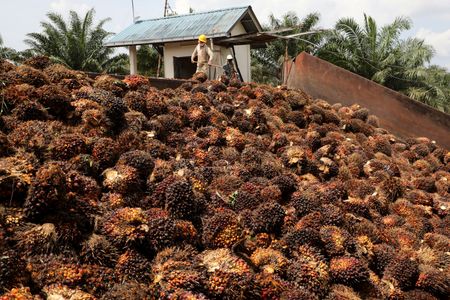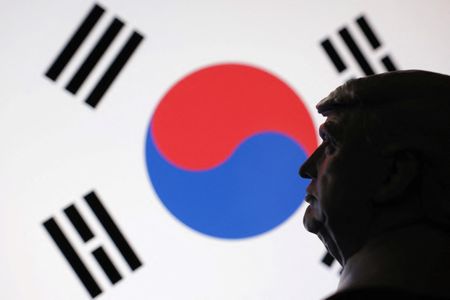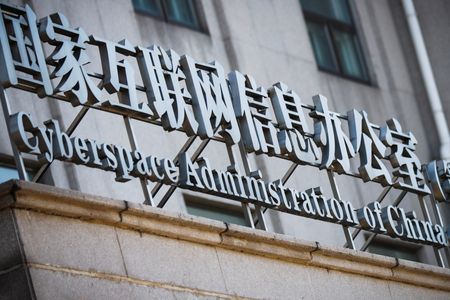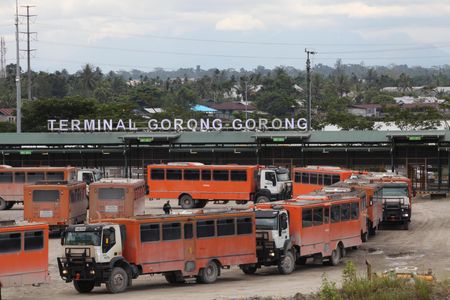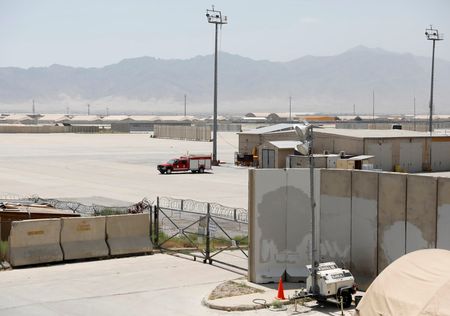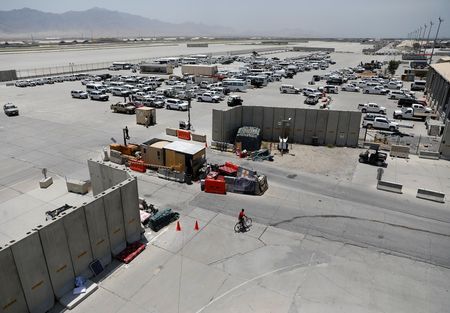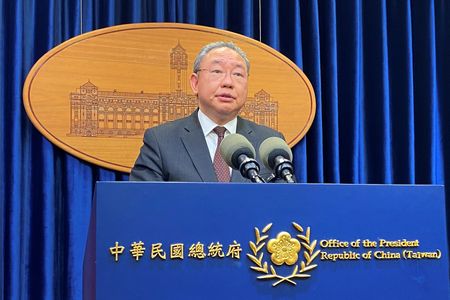KUALA LUMPUR (Reuters) – Malaysia’s Commodities Minister on Wednesday expressed concern over the European Union classifying the country as “standard risk” under the new anti-deforestation law, saying the designation was based on old data.
Addressing an event in Singapore, minister Johari Abdul Ghani said the classification was based on 2020 United Nations Food and Agriculture Organization data and Malaysia, the world’s second-largest exporter of palm oil, had introduced sufficient measures to justify being designated “low risk”.
The European Commission last week categorised goods imported from Belarus, Myanmar, North Korea and Russia as “high risk” of fuelling deforestation.
Under the EU regulations, “standard risk” countries will face lighter compliance checks on goods exported to Europe, while “low-risk” countries will face less stringent due-diligence rules. Those classified as “standard risk” include Malaysia, Indonesia and Brazil.
The EU law, which is expected to come into effect in December, applies to soy, beef, palm oil, wood, cocoa and coffee, and some derived products including leather, chocolate and furniture.
Johari reaffirmed Malaysia’s commitment to present updated, science-based evidence to support its request for a “low risk” status.
“Malaysia has implemented strict no-deforestation policies and developed our own certification system … which ensures traceability, compliance, and inclusivity, particularly for smallholders,” Johari said, according to an official transcript of the remarks.
“We are fully committed to working with the EU Commission to ensure fair recognition of our progress,” he said, adding Malaysia had also participated widely in international sustainability efforts.
The EC says its methodology is “firmly rooted in a commitment to fairness, objectivity and transparency” and it has a benchmarking process that is dynamic and set to be reviewed in 2026 after publication of new data later this year.
The Malaysian Palm Oil Board said the EU’s classification was based on a method that was “too narrow and incomplete” and based on the average annual forest loss between 2015 and 2020.
“This short timeframe does not show the full picture” it said in a statement.
It also raised concerns on the EU’s methodology, which it said looked at general forest loss and discriminated against the palm oil sector.
The EU’s delegation in Malaysia did not immediately respond to a request for comment outside of regular working hours.
(Reporting by Ashley Tang; Editing by Martin Petty)

